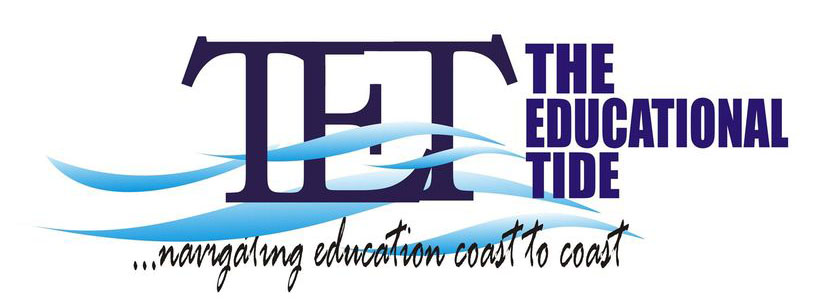When Mallam Adamu Adamu, the Minister of Education, in January this year, revealed plans by the federal government to declare a state of emergency on the education sector, many stakeholders expected that this will be done within the first half of the year.
However, this did not materalise until the last quarter of the year when the National Economic Council, NEC, at its October meeting directed the 36 state governors of the federation to declare a state of emergency on the education sector in their respective states.
However, in as much as the declaration (of emergency on education) is a much welcomed development, many stakeholders will like all tiers of government to match their words with actions that will eventually overhaul the nation’s education sector.
The first step should be a clear x-ray of the sector to identify the problems affecting the development of the sector. There is no doubt; Nigeria’s education system is presently in dire need of revival, at all levels. At the elementary and secondary level, the system is be-deviled by a myriad of problems including inadequate and dilapidated physical structures; inadequate teaching and learning facilities, especially in science and technical subjects; poor remuneration and welfare package for teachers, including months of unpaid teachers’ salaries and curriculum irrelevance. The government agencies in-charge of primary education across the country, the National Universal Basic Education Commission (UBEC) and the State Universal Basic Education Boards (SUBEBs) are virtually redundant by virtue of their inability to access budgetary allocations and matching grants and the large scale corruption in the system.
At the tertiary level of education, the problems are enormous. Apart from the obsolete curriculum and poor funding of researches, the system is also faced with inadequate academic and hostel facilities, examination malpractice and cultism. Presently the members of Academic Staff Union of Nigerian Universities (ASUU) and Colleges of Education Academic Staff Union, COEASU are on strike.
A good starting point would be to revisit the minister’s 2016 three-year education strategic plan (2016 and 2019). The ‘Education for Change Ministerial Strategic Plan’ is hinged on ‘ten pillars’ aimed to help revive the nation’s education. These pillars: out of school children, basic education, teacher education, adult literacy and special needs education, basic and secondary education curriculum and policy matters, technical and vocational education, tertiary education, education data and planning, ICTs in education and library services.
Inputs of all stakeholders should be sought and analysed and from there, a clear blueprint on how to tackle the state of emergency should be evolved. This blueprint should be a clear-cut and unambiguous with clear targets and roadmaps to achieving them, including deadlines, requirements and specific actions, and those responsible for them.
With this every stakeholder knows what is to be done and the public can monitor what everybody is doing.
The major way out of this quagmire is for government at all level to have the political will to solve the problems in the sector while the other stakeholders imbibe new positive attitude and see themselves as partners in the quest to evolve an education system that will be relevant to the Nigerian development agenda while been align with global standard.
Now, is the time for action!
EDITORIAL SUITE
We Are Here for You.
For many years the educational sector in Nigeria has not gotten attention it deserves from all tiers of government. Neither has it received much attention from the media. The Educational Tide is set to correct this. As the motion of the tides plays an important role in nature, The Educational Tide is set to bring the needed positive change in the educational fraternity. It promises all stakeholders a voyage of discovery, searching for and presenting information on educational issues; policies and regulations; events; organisations and people that shape the sector both on the domestic and global spheres.
Like the tides, The Educational Tide, with its unique pages, will present riveting and enlightening information tailored to make every academic endeavor a success and help to create a future full of optimism and enthusiasm, a future where ineptness and illusions will be things of the past.
As pathfinders, The Educational Tide is on a motion to lead the path for all parents, students, educators, regulators, administrators, providers of various education supplies/aids to profitable and fulfilling voyages that cut across every educational coast.
We are starting this voyage first with our digital media platform: www.educationaltide.com whose site you are now privileged to be in.
The site is packaged with a blend of information from School Focus (critical reviews of educational institutions); Policies and Regulations; Ivory Towers (tertiary institutions); Learning/Studying; and Scholarships and Grants Guide to Compliments and Supplies (focus on suppliers of educational aids and services); Government Agencies; Vocational and Entrepreneurial Training; Talents/ Skills Development; Professional Training and Technological and other Innovations in the Education sector.
These are information designed to awaken the can-do spirit in each individual so that individually and collectively we make the Nigerian education sector great again. This is an endeavour we believe we are all critical stakeholders in. this is a partnership that we intend to make mutually beneficial.
We are here for you.
Welcome aboard!
tna

















